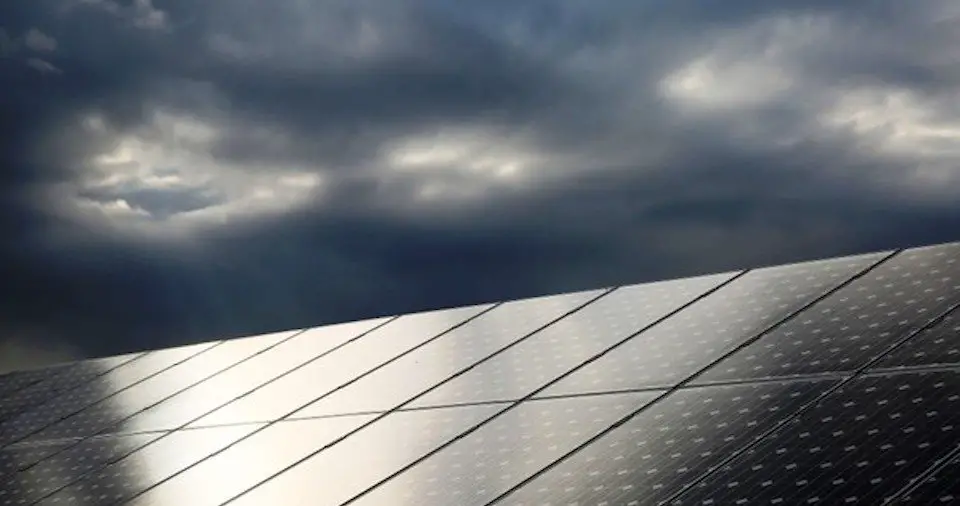Welcome to the ultimate guide on effectively using solar panels in cloudy climates! Despite popular belief, solar panels can still be a reliable source of energy even in areas with less sunshine. This article will provide you with tips and tricks on maximizing the efficiency of your solar panels, from angling them correctly to utilizing energy storage options. Say goodbye to cloudy days affecting your energy production – with the right knowledge and strategies, you can still make the most out of solar power. Have you ever considered installing solar panels on your home, but live in a cloudy climate and are not sure if they would be efficient?
Well, you’re in luck! This guide will provide you with all the information you need to efficiently use solar panels in cloudy climates. Whether you’re looking to save money on your energy bills or reduce your carbon footprint, solar panels can be a great investment. Let’s dive in and explore how you can make the most out of solar energy, even when the sun isn’t shining as bright.
Understanding Solar Energy
Let’s start by understanding how solar panels work. Solar panels are made up of photovoltaic cells that convert sunlight into electricity through the photovoltaic effect. When sunlight hits the solar panels, the cells generate direct current (DC) electricity, which is then converted into alternating current (AC) electricity that can power your home.
How Solar Panels Work
Solar panels work by capturing sunlight and converting it into usable electricity. The photovoltaic cells in the panels absorb the sunlight and generate an electrical current. This electricity can then be used to power your home or stored in batteries for later use.
Understanding the basics of how solar panels work is essential to maximizing their efficiency, especially in cloudy climates where sunlight may be limited.
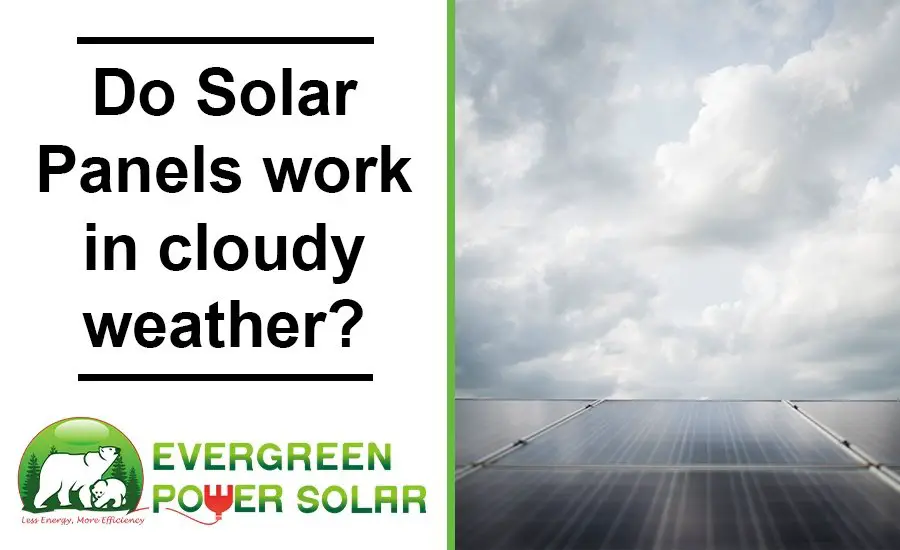
Factors Affecting Solar Panel Efficiency in Cloudy Climates
In cloudy climates, solar panels may not receive as much direct sunlight as in sunny regions. However, there are several factors that can affect the efficiency of solar panels in cloudy climates. Let’s take a look at some of these factors:
Cloud Cover
The amount of cloud cover can significantly impact the amount of sunlight that reaches the solar panels. Thick clouds can block sunlight and decrease the efficiency of the panels. However, even on cloudy days, some sunlight can still penetrate through the clouds and be converted into electricity.
Temperature
High temperatures can also affect the efficiency of solar panels. Solar panels work best when they are cool, so excessive heat can reduce their efficiency. In cloudy climates, temperatures may not reach the same levels as in sunny regions, which can be beneficial for solar panel efficiency.
Panel Orientation
The orientation of the solar panels plays a crucial role in their efficiency. Panels should be positioned to receive maximum sunlight exposure throughout the day. In cloudy climates, panels should be angled to capture as much sunlight as possible, even when the sun is not shining directly overhead.
Panel Tilt
The tilt of the solar panels also affects their efficiency. Panels should be tilted at an angle that allows them to capture sunlight at the optimal angle. In cloudy climates, adjusting the panel tilt can help maximize sunlight exposure and increase efficiency.
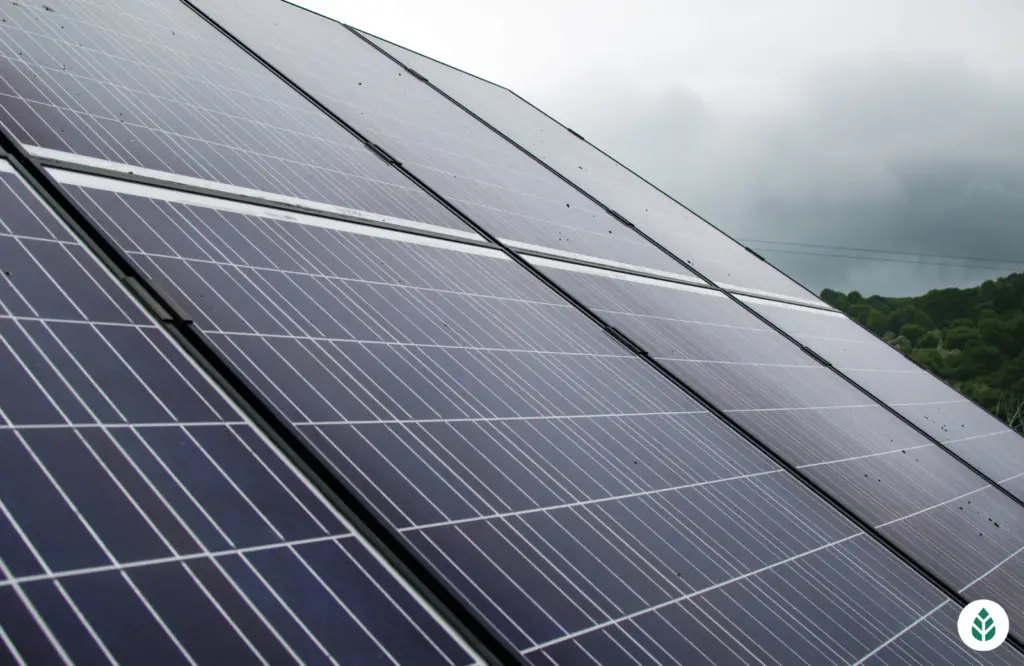
Tips for Efficiently Using Solar Panels in Cloudy Climates
While solar panels may not be as efficient in cloudy climates as in sunny regions, there are several tips you can follow to make the most out of solar energy. Let’s explore some of these tips:
Use Energy Storage
Energy storage systems, such as batteries, can help store excess electricity generated by solar panels for later use. In cloudy climates where sunlight may be limited, energy storage can ensure that you have a reliable source of power even when the sun isn’t shining.
Opt for High-Efficiency Solar Panels
High-efficiency solar panels can generate more electricity from the limited sunlight in cloudy climates. These panels are designed to capture more sunlight and convert it into electricity efficiently. While they may be more expensive upfront, high-efficiency panels can provide a higher return on investment in the long run.
Clean Your Solar Panels Regularly
Dirt, dust, and debris can accumulate on the surface of solar panels and reduce their efficiency. Regular cleaning and maintenance can help ensure that your panels are operating at their full capacity. In cloudy climates where sunlight may be limited, keeping your panels clean is essential to maximizing their efficiency.
Monitor Your Energy Usage
Monitoring your energy usage can help you determine how much electricity your solar panels are generating and how much you are consuming. By tracking your energy usage, you can identify areas where you can reduce energy consumption and optimize the output of your solar panels.
Invest in a Solar Tracker
Solar trackers are devices that automatically adjust the position of solar panels to track the movement of the sun throughout the day. In cloudy climates where sunlight may be limited, solar trackers can help maximize sunlight exposure and increase the efficiency of solar panels.
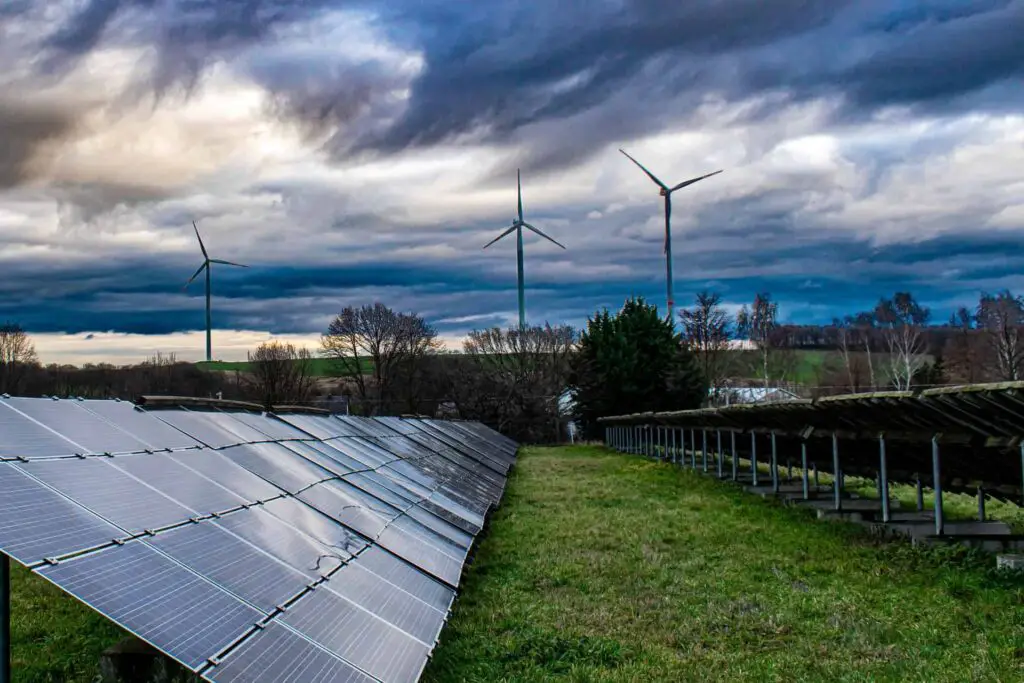
Calculating Solar Panel Efficiency in Cloudy Climates
To calculate the efficiency of solar panels in cloudy climates, you can use the following formula:
[Solar Panel Efficiency = (Energy Output / Solar Energy Input) x 100%]
Using this formula, you can determine how effectively your solar panels are converting sunlight into electricity. By monitoring the efficiency of your solar panels, you can make adjustments to maximize their performance in cloudy climates.
Example Calculation
Let’s say your solar panels generate 1,000 kWh of electricity over a month, and the solar energy input during that period was 1,200 kWh. To calculate the efficiency of your solar panels, you can plug these values into the formula:
[Solar Panel Efficiency = (1,000 kWh / 1,200 kWh) x 100% = 83.33%]
In this example, your solar panels have an efficiency of 83.33% in converting sunlight into electricity. By regularly monitoring the efficiency of your panels, you can make informed decisions to optimize their performance in cloudy climates.
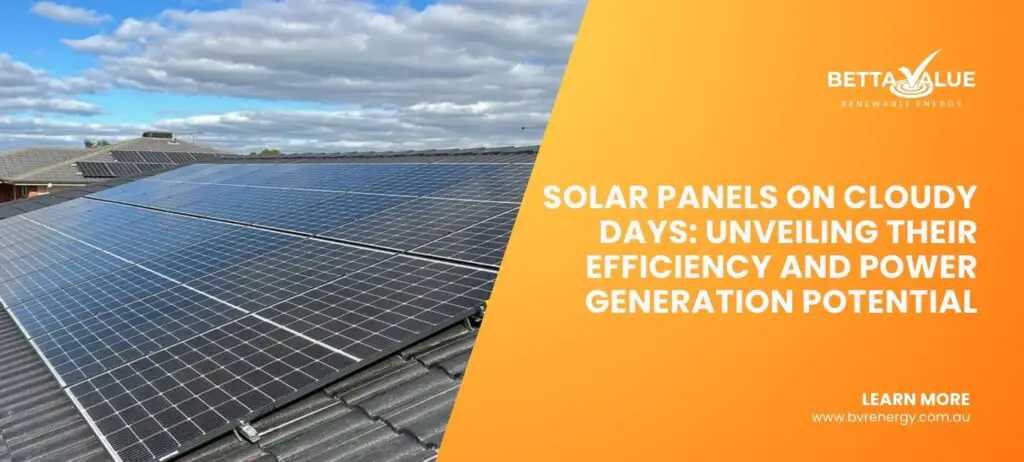
Conclusion
In conclusion, solar panels can be a great source of clean and renewable energy, even in cloudy climates. By understanding how solar panels work, considering the factors affecting their efficiency, and following the tips outlined in this guide, you can efficiently use solar panels to power your home and reduce your carbon footprint.
Remember to regularly monitor the efficiency of your solar panels, invest in high-efficiency panels, and use energy storage to maximize the benefits of solar energy in cloudy climates. With the right knowledge and strategies, you can make the most out of solar panels, no matter the weather conditions. Happy solar paneling!
